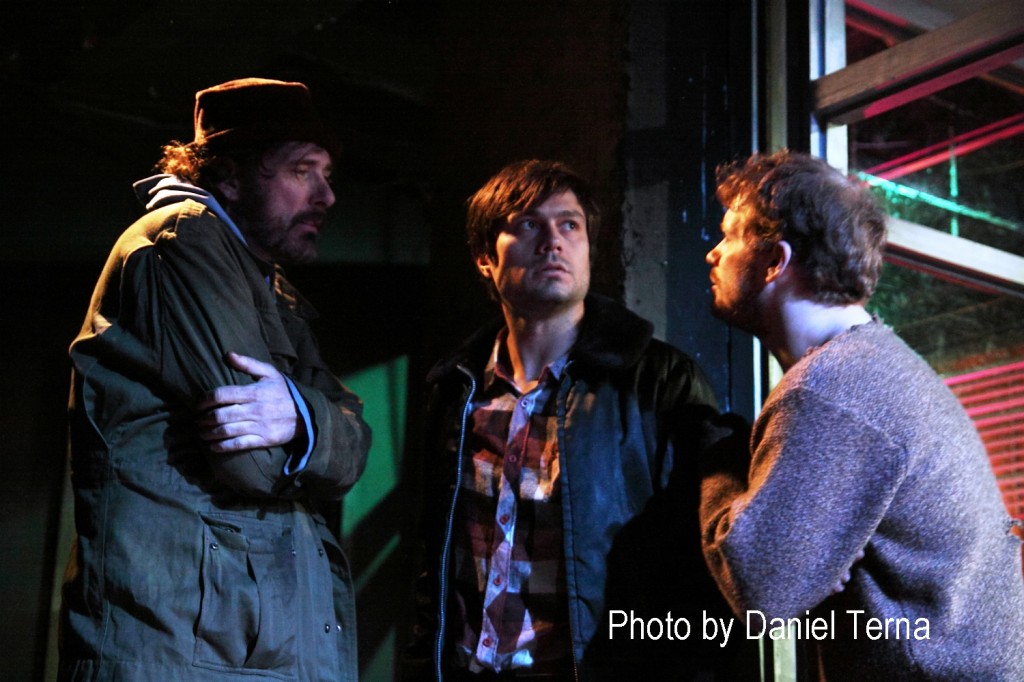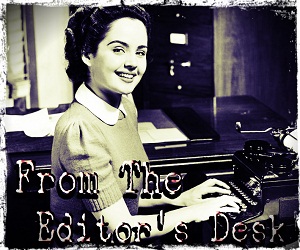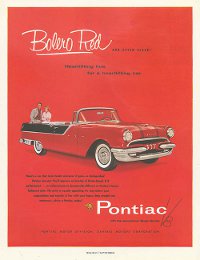In vain shalt thou use many medicines; for thou shalt not be cured.
Jeremiah 46:11

To call T. Schreiber Studio’s Balm in Gilead a “play” is an understatement. Step into the Gloria Maddox Theater and find yourself stepping back in time – to a sensation, a memory, a peek into a world that few escaped and even fewer survived. The show is a visceral experience - astonishing in every detail and desperately authentic.
Playwright Lanford Wilson may have been writing of a world he knew well in the 60s, but Matt Brogan’s set takes that world and offers it up to the audience in such careful nuance that – rather than watch the play – your first instinct is to avert your eyes – hurry past – to not become ensnared in this sticky world of wickedness. Under Peter Jensen’s direction everything in this play reaches out at you and it’s impossible at first to feel comfortable in this microcosm of hookers, junkies, dealers, transvestites, street thugs, gamblers, drug users, derelicts and transients who are so plentiful that they brush past you as you quickly aim for your seat. Once you are able to look – you’re afraid to be caught staring.

Lawrence Crimlis (Dopey), Jonathan Wilde (Joe) and Ian Campbell Dunn (Fick) in Balm In Gilead
Of course, soon enough you have to stare . . . to look away would be to miss the intricate layers of humanity that bubble and buzz and churn all around you – and unless you happen to own a time machine that can take you back to the days of Needle Park, I guarantee that this is as close as you’re ever going to get to this version of reality that may still exist in some form, but is no longer so painfully exquisite.
Nothing good happens in this diner in New York – that much is clear. Whatever is about to unfold will end in tragedy. Fights break out, tricks are about to be turned, passions are passed around like pills, and you can hear people’s souls being dragged from their bodies . . . see them losing their individual texture till they all just blend into one great patina of hopelessness. And yet, there’s a camaraderie here too – it manifests in the odd couplings of the patrons, and in the friendships forged from proximity and necessity. Their jokes are of the “you had to be there” variety – but the fact that laughter finds a spot to squeeze in at all is miraculous.
The play doesn’t span a very long period of time – it doesn’t have to – everything that happens here has happened before and will happen again. Even young innocent, Darlene (Belle Caplis) arrives in the furrow which her sister first carved – a sister who came to this city, saw what it had to offer her, let it envelop her and finally let it beguile her into becoming one of the women who eeked out as much of a living as she could on the street. Darlene seems to be doing the same.
In the ebb and flow of this all-night diner Darlene finds Joe (Jonathan Wilde) - a man who can easily flirt, seduce and conquer, then can just as easily put his clothes back on with barely a backwards glance as he heads back out to answer the call of the night. Darlene is no stupider than the rest of the women in the world who think that sating a man’s desire for the evening bonds him to you. Joe obviously couldn’t care less about Darlene once he’s slept with her – it’s the rhythm of the city which pounds into him and seduces him – it’s the movement of the streets that brings him to life.
At first it’s hard to understand what the attraction is for Darlene – New York (or at least the one she’s found) holds no glamor, no promise, no future. However, at the top of Act 2 in a 20 minute monologue that didn’t bypass an unexpressed thought, Darlene narrates a time from her life in Chicago that isn’t something she has the choice to go back to. There’s nothing for her there, so she might as well be here. Historically this monologue breaks open the character of Darlene and shows exactly how vulnerable, hopeless and lost she is. However, during a few of the longer tangents I was far more intrigued by the hooker, Ann (Jill Bianchini), who fascinated me as she ate her soup and took in this account of a dream deferred. Watching Ann go from politely bored to moderately trapped to wryly bemused to finally somewhat caught up and even a little sympathetic – all without saying much of anything – was astonishing and told more of Ann than anything else could. Darlene couldn’t be less like Ann on a surface level, but she’d do well to take a few pages from Ann’s book when it comes to learning how to roll with the punches that swing from the arms of fate.
While the stage holds almost thirty people living loudly and dying quietly many of the stories are elusive – as they are meant to be. You’re not there to witness a beginning, middle and end of anything – you’re simply meant to overhear, and catch, and assume and connect the dots. These are incidental tales that would have happened were you looking or not. Often your attention is split between conversations that take no heed of each other . . . you can decide for yourself which ones you want to overhear. There are beautifully still moments too, however – director Jensen knows how to focus your attention where it needs to go – and when various street folk lay down impassioned pieces of stream-of-consciousness it sounds less like the ramblings of a wasted life and more like the wisdom of those who have pared their lives down to their soul’s essentials.
Anne Wingate’s costumes not only managed to clothe a city full of people, but succeed in placing them all on the spectrum of this human wheel of fortune so that without knowing it you are aware of the subtle ranking system of this group . . . the neat appearance of the actual working folk who bus the tables and cook the food, the fraying and greying of threadbare sleeves encasing arms that – if we could see them – would prove to be scarred up with needle marks. The eye-catching ensembles worn by women – and men - meant to draw the attention of a business man with 10 bucks burning a hole in his pocket and a few minutes to waste in an alley. Every outfit tells a story – so even when we don’t have our ears on someone, our eyes can tell us who they are.
At the end of Balm in Gilead no one winds up richer, smarter, happier, or anywhere other than where they were in the beginning. Nothing stops the ride for any of them. They all got on, and they’re all going to stay on till the end – continuing to make the only decisions they know how to make. Bad ones.
~~~ BALM IN GILEAD by Lanford Wilson Directed by Peter Jensen .Gloria Maddox Theater 151 West 26th Street 7th floor New York, NY 10011 .
October 14 – November 21, 2010 Thursday-Saturday @ 8pm Sundays @ 3pm Click Here for tickets








{ 0 comments… add one now }
{ 2 trackbacks }